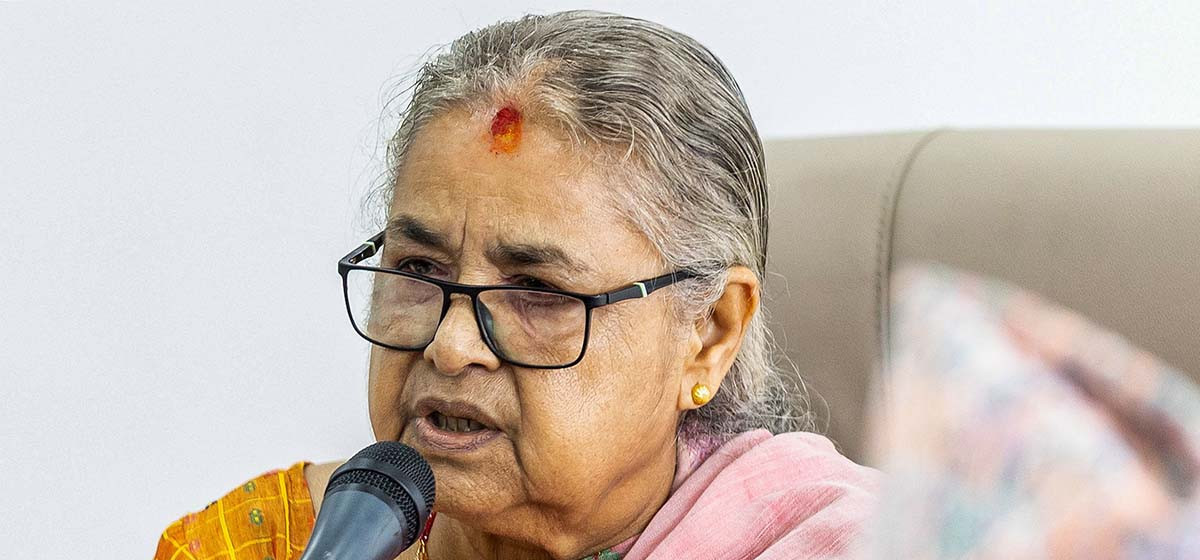
By Our Political Analyst
Prime Minister Sushila Karki’s third cabinet expansion in just under two months reflects both the potential and the challenges of today’s post-Gen-Z political landscape. However, each expansion seems to underscore the struggle of governing from an interim administration that emerged from a grassroots movement promising transparency, accountability, and swift reform.
With the addition of Sudha Sharma Gautam and Bablu Gupta, the Cabinet now consists of ten members, still one short of the 11-member cap Karki had initially set for herself. Gautam and Gupta's inclusion show Karki trying to balance activism with expertise. Gautam, once a health secretary and a well-known figure in the medical and literary circles, adds administrative depth and credibility to the Ministry of Health and Population.
Her public health background and her untainted image can serve to reestablish public confidence in an industry that has otherwise been tainted by charges of corruption. Gupta, however, is the new vitality of the Gen-Z revolution that propelled Karki into office. As a founder of "100 Group," offering free education and housing to poor students, and a prime organizer of the September anti-corruption rallies, his appointment is a symbolic message that the new government is still close to the movement's egalitarian ethos.
But Sunday's expansion also exposed the seamy details of functioning coalitions and flaccid vetting procedures. News that two other candidates, Ganapati Lal Shrestha and Khagendra Sunar, had been withdrawn at the last minute verifies the extent to which precarious the process remains. Sunar's nomination was withdrawn following media reports that he had been subject to a succession of legal charges, including contempt of court and charges of polygamy. Shrestha's nomination was withdrawn following a row with the Prime Minister over which ministry he would lead. He was interested in pursuing Culture, Tourism, and Civil Aviation, whereas Karki presented the options of Land Management, Cooperatives, and Poverty Alleviation. These last-minute adjustments once again revealed shortcomings in the prime minister's selection process.
Karki’s previous attempt to appoint Sangeeta Mishra as health minister had also ended in embarrassment when a corruption case against her surfaced just before her swearing-in. Repeated controversies suggest that the government still lacks a proper vetting system to screen potential ministers. As Ajaya Bhadra Khanal, Karki’s chief advisor, admitted, the absence of such a mechanism leaves the government vulnerable to both public backlash and internal pressure groups.
The Gen-Z tide that swept Karki into office was fueled by disillusionment with worn-out politics and the need for political honesty. But turning the demands into reality has turned out to be more difficult than anticipated. The new generation who supported her government desire a definitive disconnect with the past, not just in words but also in the manner of leadership and transparency in decision-making. Each appointment and withdrawal is symbolic as such.
With elections due on March 5, Karki’s government faces a shrinking window to prove that the Gen-Z mandate can deliver cleaner politics. Her attempt to blend professional competence with social commitment is commendable, but frequent controversies risk eroding that moral high ground. This new expansion can prop up her Cabinet in the short term, but the challenge behind is still the same: living up to the expectations of an impatient generation that doesn't want new faces at the helm, but a new political culture as such.






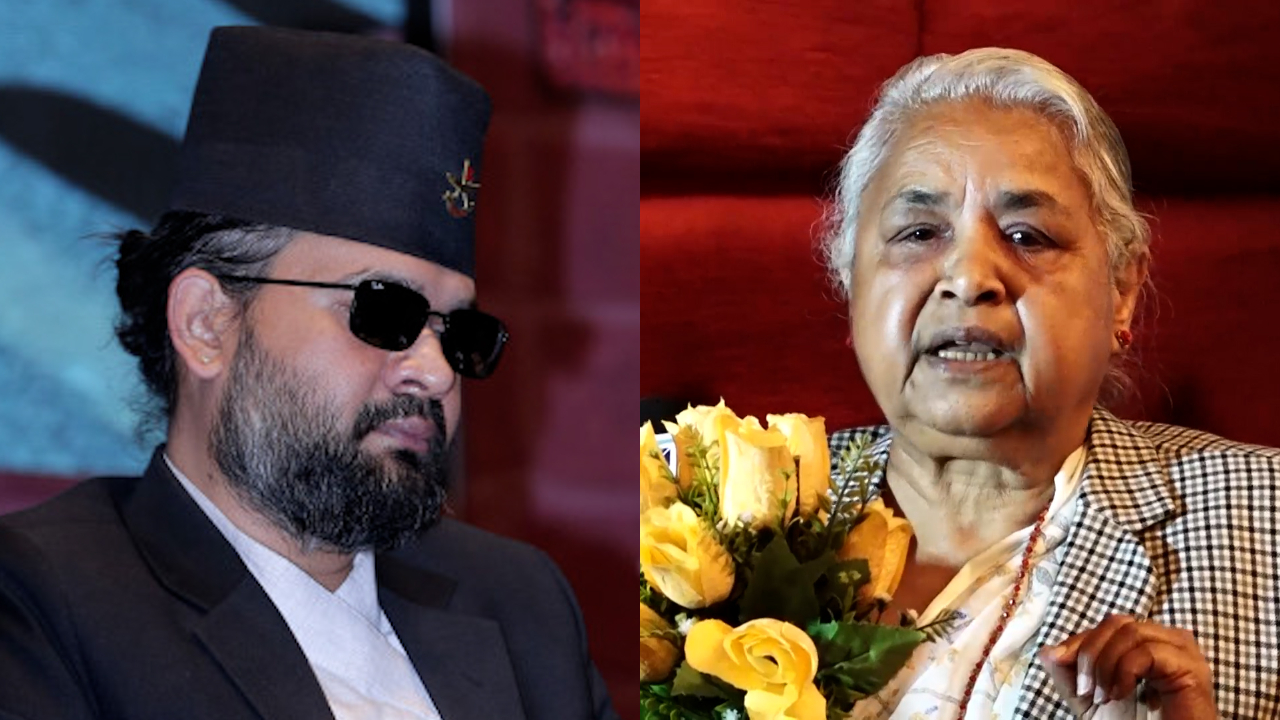

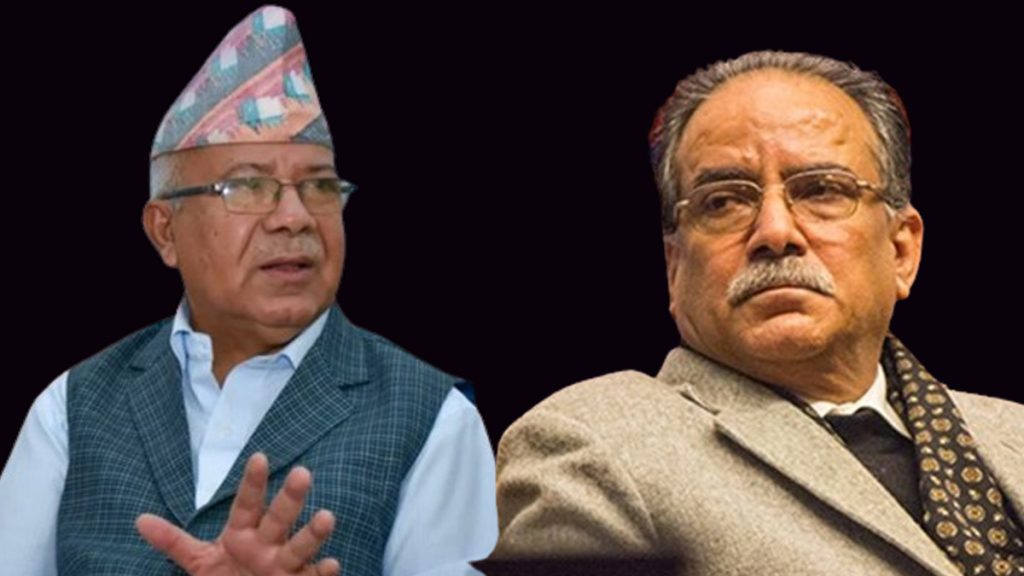
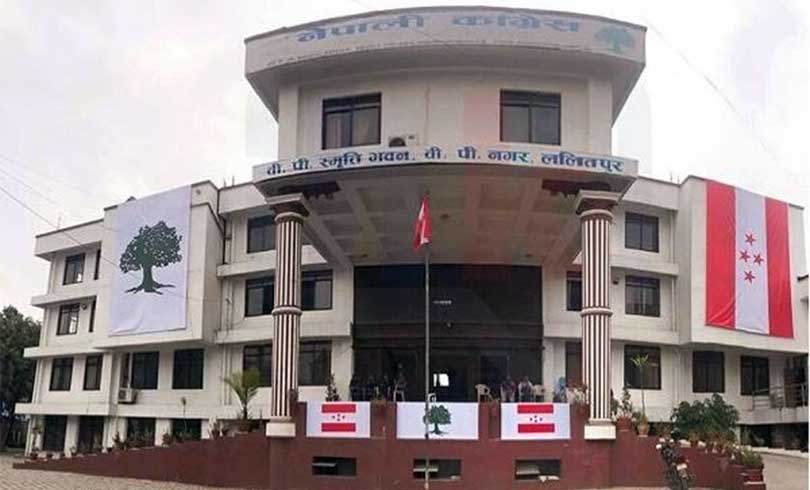
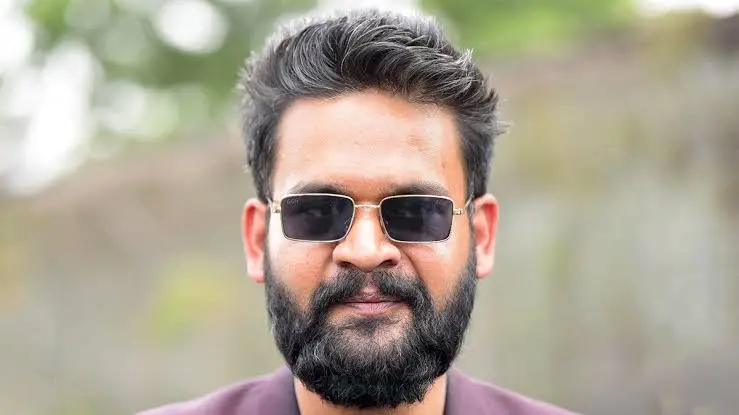



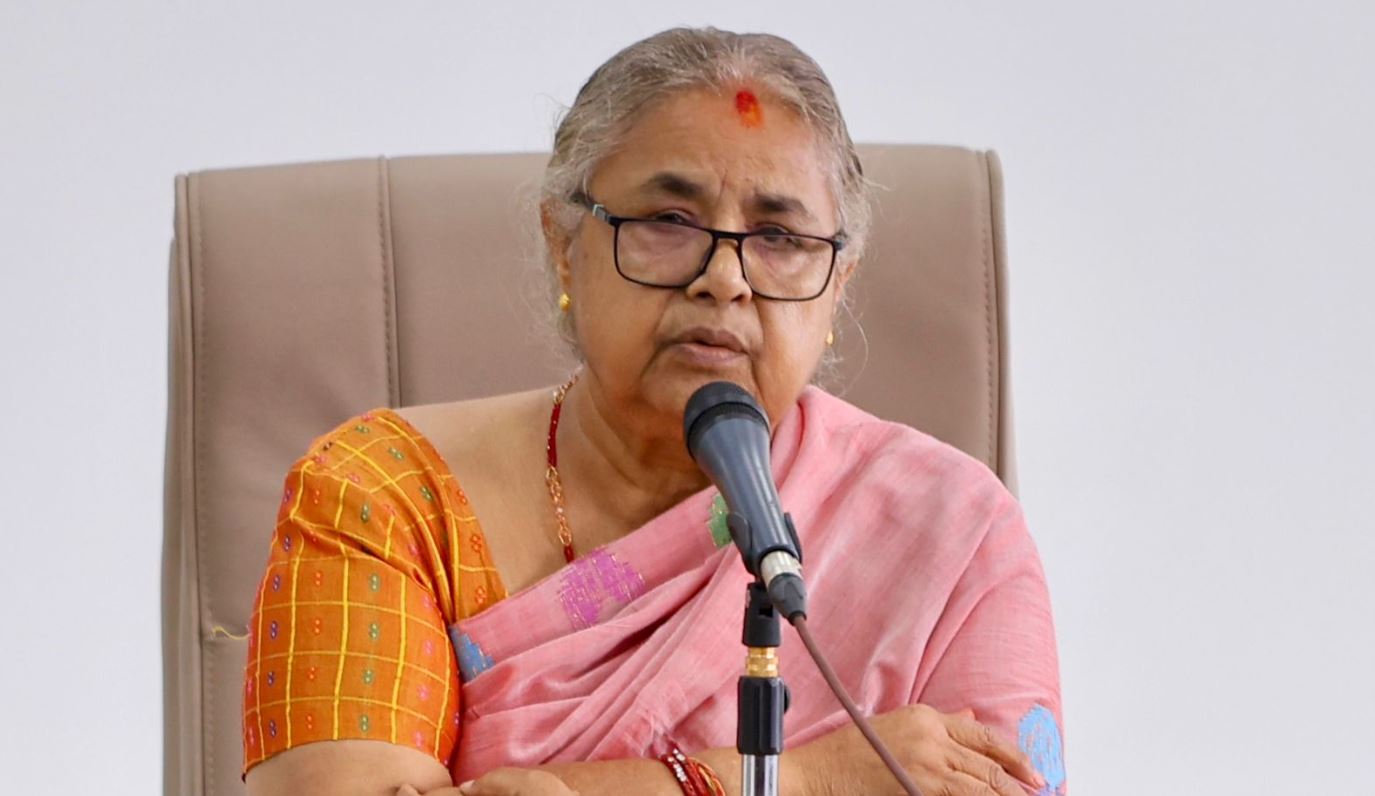
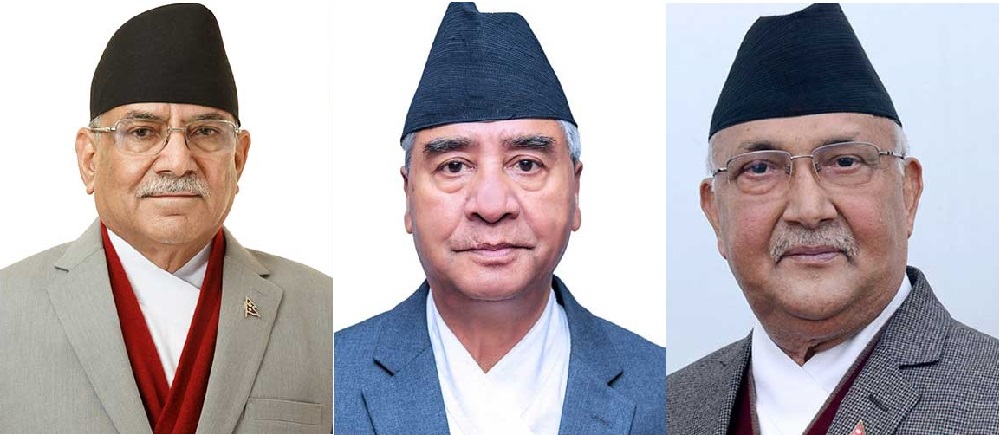
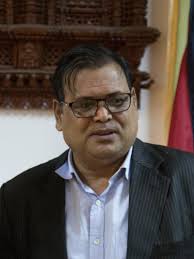

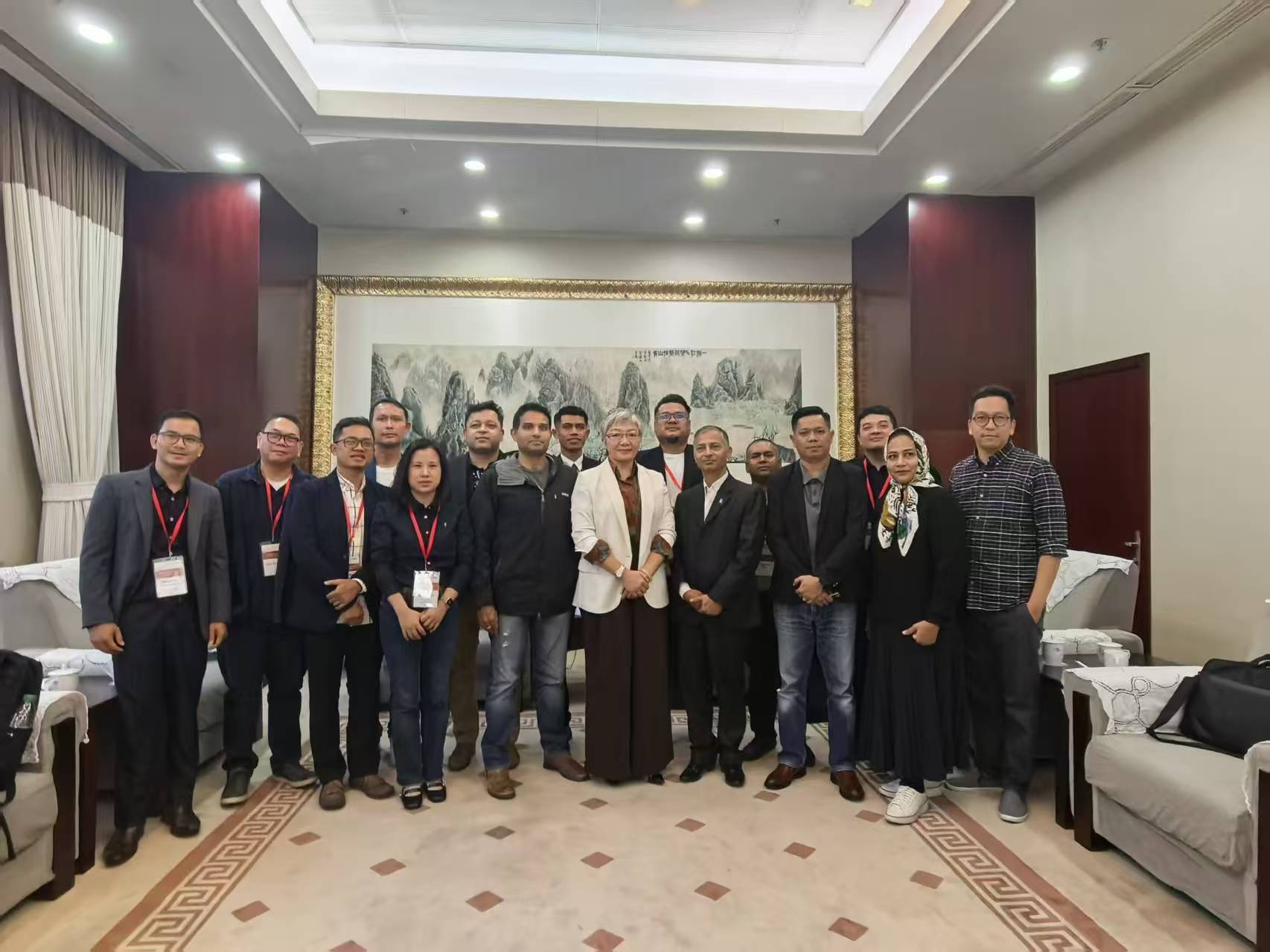
Comments:
Leave a Reply